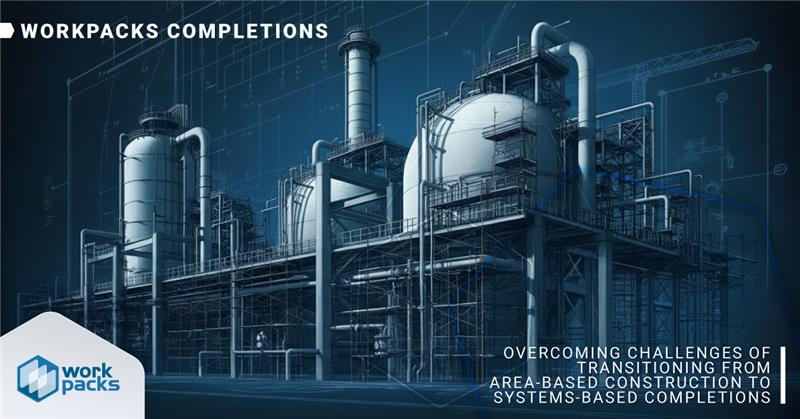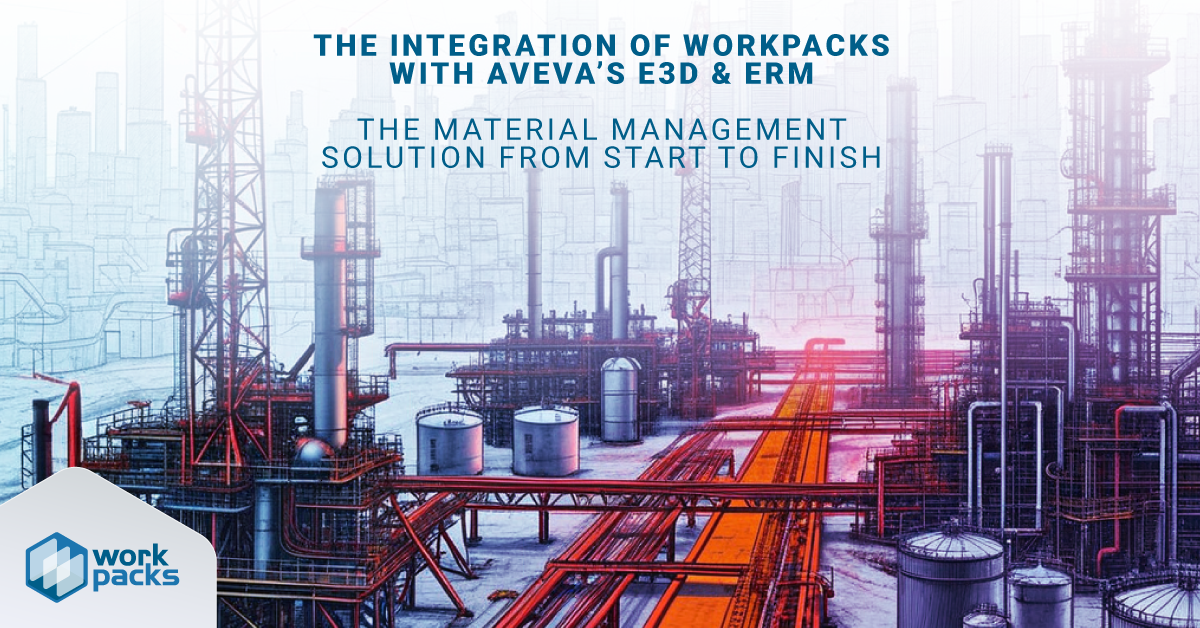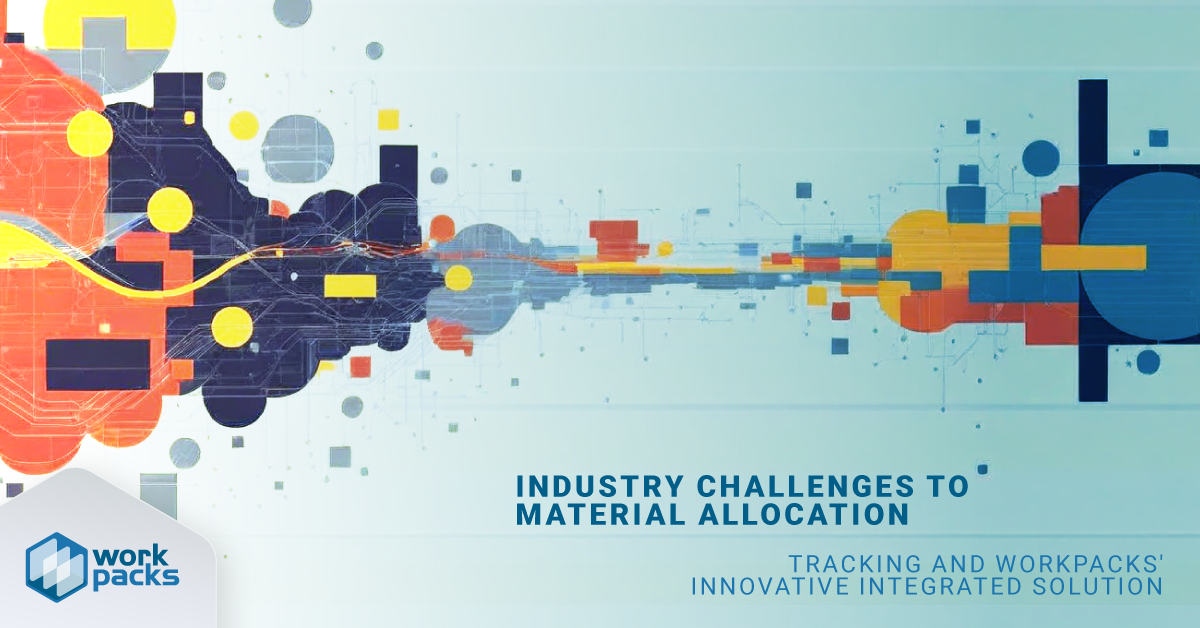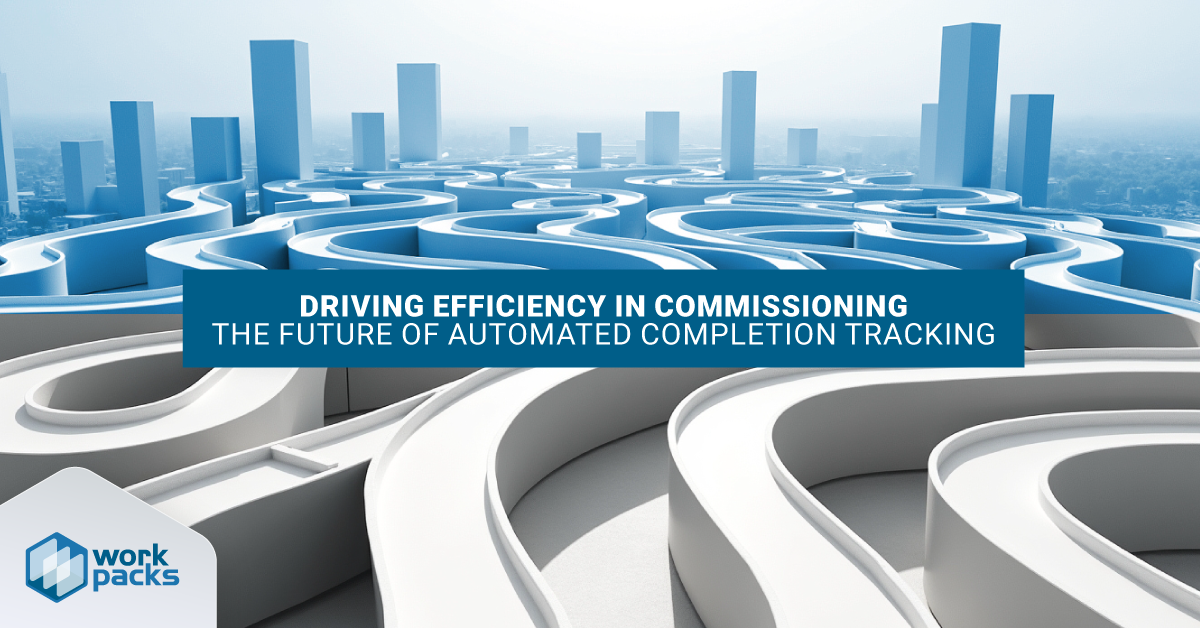I recently had the pleasure of graduating with a master’s degree in Sustainable Energy from The School of Advanced International Studies (SAIS) at Johns Hopkins University. I would not have been able to do so if the program was not specifically tailored for working professionals, or without the flexibility and support of the organization I have been a part of – WorkPacks.
Sustainable energy and positive impact have always been a core value – not only for myself – but also for the WorkPacks organization as a whole. WorkPacks was born out of increasing efficiency and productivity for oil & gas projects with carbon mitigation for large scale processes being a central incentive for the work we do. After the last two years of courses focused on a wide range of subjects – from the influence of policy on the global energy economy, to financial modelling of sustainable energy projects and wholistic cost-benefit analysis of various energy types pertaining to carbon emissions – I can now speak with (at-least some)authority on overarching systems that will be influencing financial decisions for all of our clients, whether they are looking to cut down on carbon emissions produced by maintaining oil refineries & petrochemical plants, focused on decarbonizing the steel production process, or constructing new small modular nuclear reactor plants.
Not only has it felt good to be supported by the alignment of values with the WorkPacksteam, but the support in terms of flexibility with work hours has been paramount. These last two years of grinding through some courses with a heavier than average workload has been tough at times, but the flexibility of my organization to successfully manage work on top of classes has been imperative to the journey being as pleasant and as fulfilling as possible.
While the program for sustainable energy at SAIS has been well designed for full time professionals, classes run sequentially with assignments due throughout an 8 week per course period, with group projects every course, and only a handful of time off throughout the two-yearprogram – making it at times a grind for working professionals. With that said, the payoff is well worth it. I highly recommend the program to anyone interested in Sustainable Energy from a global and somewhat creative perspective. The focus on global policy and economics with regards to sustainable energy has revealed the underlying policy structure guiding the global energy transition and enhanced my own growth in the energy industry, as well as inspiring me to pursue an entrepreneurial element on the side. I would like to thank the program director Johannes Urpelainen and my classmates in the MASE class of ’24 for an enlightening two years!
In the end, the complimentary components of the flexibility of WorkPacks and design of the Sustainable Energy program have been paramount in my personal gratification of successfully pursuing a master’s degree. It’s hard to ask for more than a team that not only has aligned values with regards to positive impact, but also supports the pursuit of higher education and knowledge focused on just that – positive global impact and the global energy transition.
- From left to right in the photo: Daniel Kulikowski, Grant Miller, Dr. Johannes Urpelainen, Jack Prill, Alayna Neiman, Priya Ghandikota, Travis Jaramillo
- Bottom Center: Benjamin Eckold









